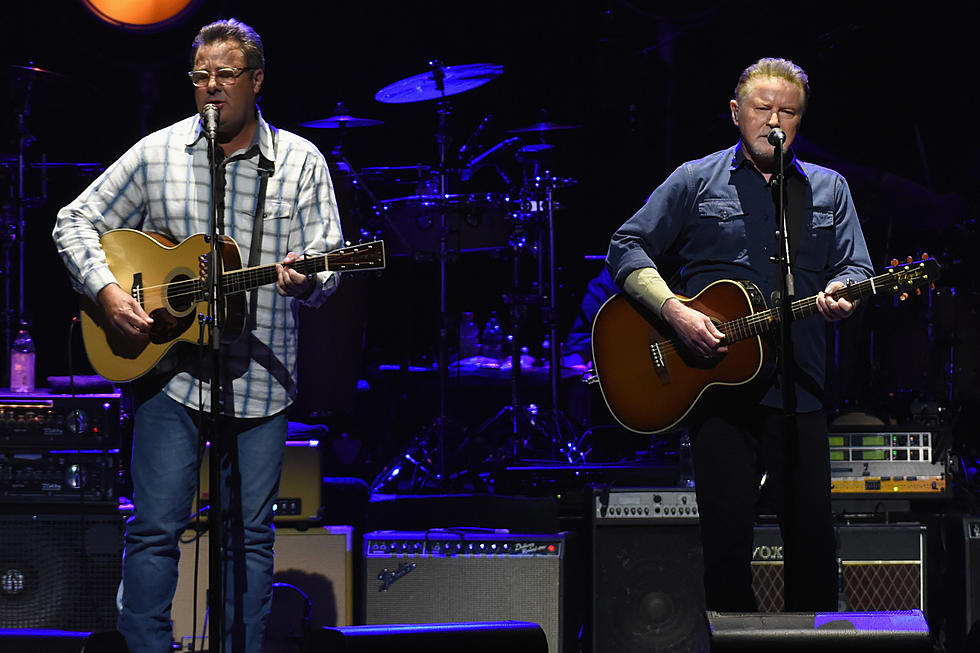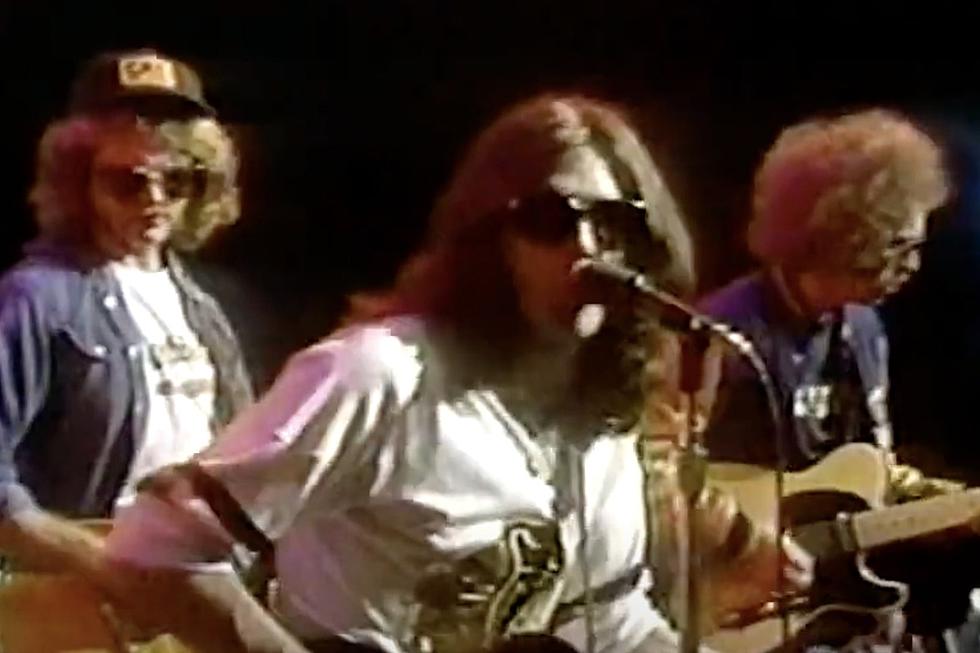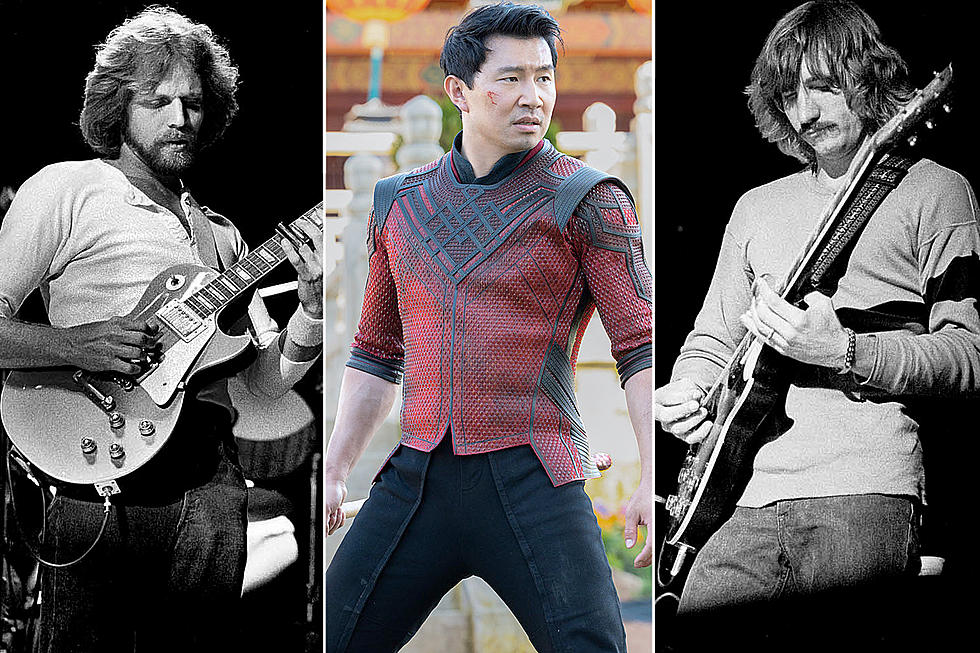![The Local Phenomenon of ‘Please Come Home for Christmas’ [VIDEO]](http://townsquare.media/site/159/files/2013/12/charles-brown-feature-630x4.jpg?w=980&q=75)
The Local Phenomenon of ‘Please Come Home for Christmas’ [VIDEO]
Ask anyone along the I-10 Corridor between Houston and Baton Rouge and, chances are, they will say that 'Please Come Home for Christmas' by Charles Brown was a huge hit and probably got to number one and sold a million copies. It didn't do any of those things. In fact, it was largely ignored by the entire country.
A vast majority of people who love the song call it 'Bells Will be Ringing' which, isn't even the correct title. It doesn't matter, we all know what song we're talking about.
In reality, the song wasn't a hit on any music charts anywhere and most people first heard the song in 1978 when The Eagles took their version to #18 on The Billboard Top 40 charts.
Still, here in Southwest Louisiana, it is by far, the 'must hear' Christmas tune year after year.
Here's the story :
In 1960, a 38-year-old blues artist from Texas City, Texas, by the name of Charles Brown released a Christmas record called “Please Come Home for Christmas.” Brown had co-written the song with Gene Redd, and the pair thought it might be a big holiday hit. The song only got up to #76 on the Billboard Hot 100 Charts but an interesting thing happened.
Along the I-10 corridor, from Houston to New Orleans, DJs discovered the record and gave it substantial airplay, and the song became not just a hit but a true classic. The record was a hit in such a limited area of the country that it took over eight years to become a million seller. Meanwhile, the record was largely ignored by the rest of the country. In fact, in the history of Charles Brown’s songs, it was barely a footnote.
The audience that loves the song and considers it a “must hear” for the holiday season is largely responsible for the song's surge in popularity over the years. “Please Come Home for Christmas” has been recorded by several artists, including The Eagles, Gary Allan and Willie Nelson. All those cover versions charted higher than the original by Brown himself.
The fact that the cover versions all did better than Brown’s original adds to the mystery of the record. Many people have no idea that the song was not originally by The Eagles. I even had one "know-it-all" boss of mine who wanted to know who that was with that awful version of the Eagles' song. Happy to say he no longer works here! On the upside, having a group with the reputation of The Eagles record his song brought Charles Brown some acclaim in his later life.
Brown and Bonnie Raitt teamed up for a tour and a few recordings and audiences became much more familiar with the blues artist.
While “Please Come Home for Christmas” was never a hit for Brown, several of his other songs were hits on the R&B charts. "Driftin' Blues" was the first of several hits. Brown subsequently released "Get Yourself Another Fool" (also successful for Sam Cooke), "Black Night," "Hard Times," and "Trouble Blues," all major hits in the early 1950s on such labels as Modern Records, as well as Aladdin. He was unable to compete with the burgeoning rock and roll sound, though he maintained a small and devoted audience.
He is a member of the Rock and Roll Hall of Fame, and received both the National Endowment for the Arts' National Heritage Fellowship and the W. C. Handy Award.
Brown died in Oakland, California at the age of 77.
Interesting how one part of the country can view a particular song as a classic while the rest of the country has never heard of the song (until The Eagles) or the artist. Yet, if a station along the I-10 corridor failed to play the original classic version by Charles Brown, it just wouldn’t feel like Christmas! I think it also has something to do with the fact that none of the cover versions are as good as the original!
You can rest assured that we will be playing Charles Brown's classic "Please Come Home for Christmas" this season. It may have only reached Billboard's #76 spot ... But it's a BIG #1 hit here at home!
More From 92.9 The Lake









